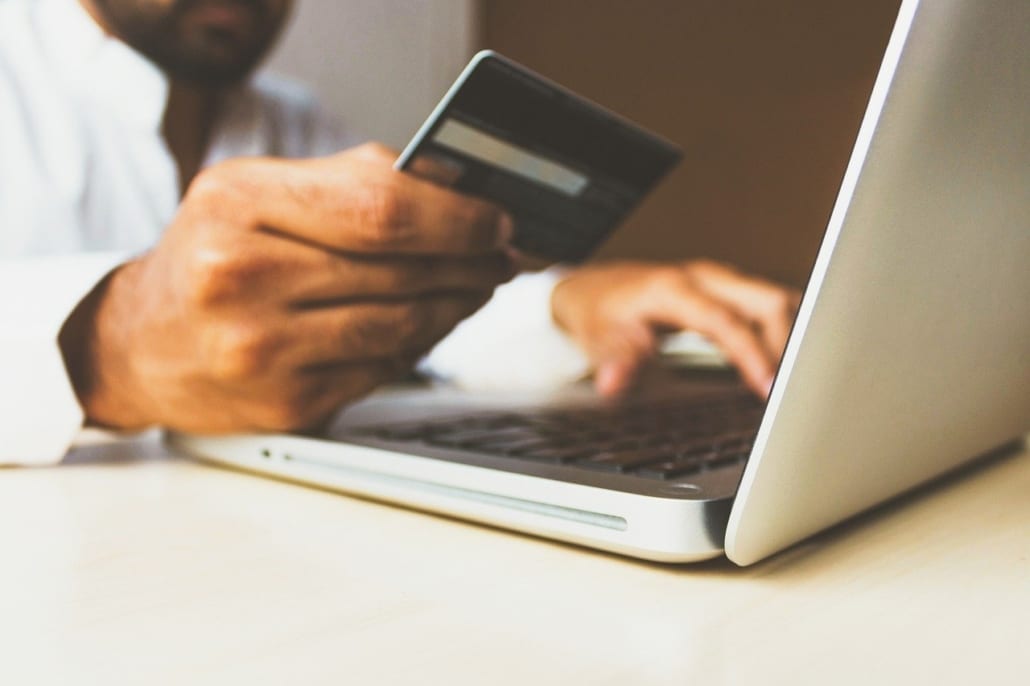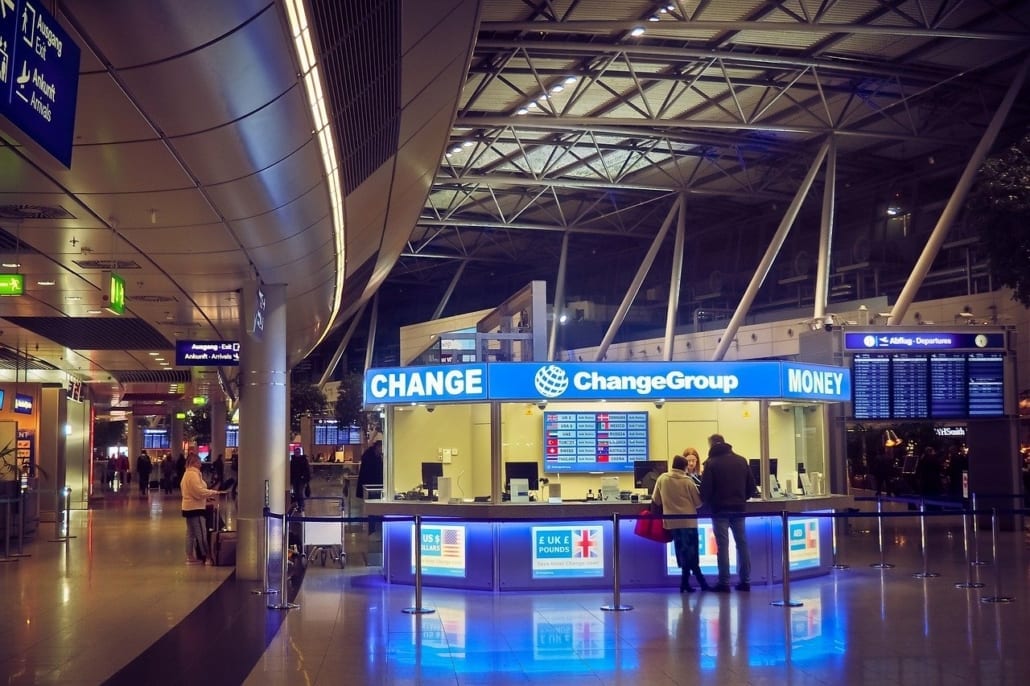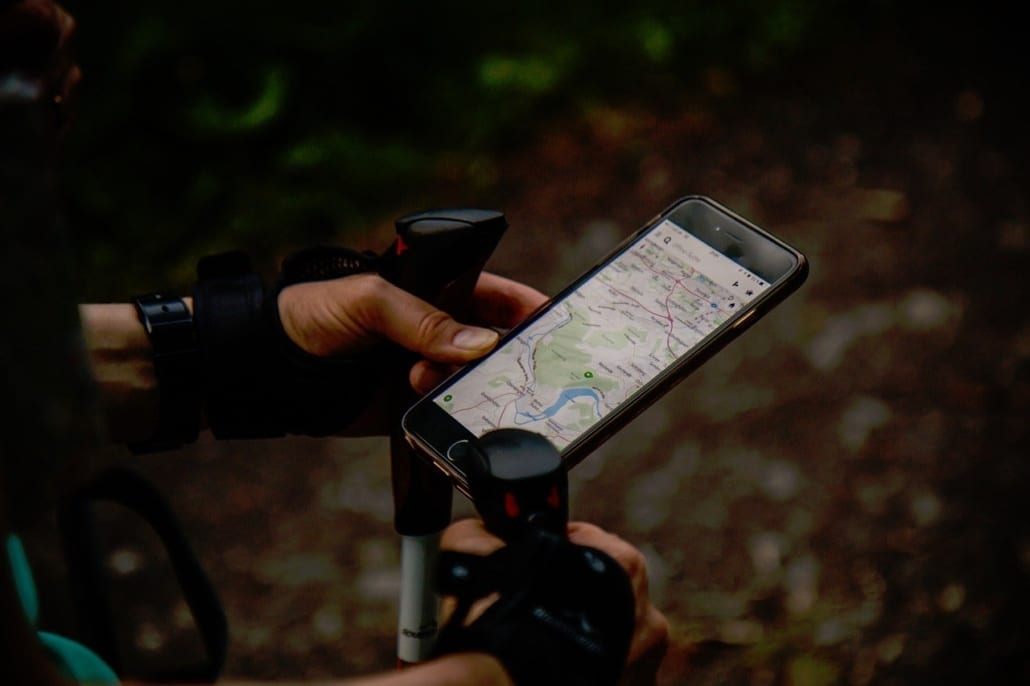Things to do at Home Before a Long Trip
You’ve decided on a destination. You’ve scoured the internet for packing essentials. But have you considered all of your responsibilities at home before you embark on a long-term adventure? It would be great if you could simply forget about things like mail delivery and bills while you trek through New Zealand, Bolivia, or Budapest – but the adulting show must go on! You’ll enjoy your trip much more if you’re well-prepared.
Here are just a few things to do before you take off on a long trip:
Set Up Electronic Billing

Set up electronic billing from home before departing your trip
Even while galavanting around the world, you still have to pay bills, unfortunately. Thankfully today, almost all services use electronic billing, allowing you to pay from virtually anywhere and even set up payments in advance.
If you’re not already using automated billing, be sure to set this feature up well before you leave for your trip. This can be done online or on the phone. Setting this feature up at least one billing cycle before a long trip is a great way to confirm that the feature is working and that money is being taken out of the correct account.
However, even with autopay, it’s still important to have access to your accounts and statements. Most companies offer apps where you can see statements from anywhere you have cell service or a Wi-Fi connection. Downloading these apps allows you to check your accounts while you’re away in case of fraud or an unexpected charge. It’s also wise to have the customer service numbers of any services you have, in case there is an issue.
These tips will help you most of the time, but there are a few services that do not offer online billing. For these utilities, contact the service provider to make a plan regarding payment during your trip. If possible, suspending these services while you’re away will save you money and a headache.
Stop Mail Delivery
Though setting up electronic billing will cut down on the amount of physical mail you receive, that doesn’t cover everything. Everyone receives junk mail, letters from friends and family, as well as important documents (particularly around tax season).
Especially if your mail is delivered to your address in an unlockable box, there is the risk of others snooping through your mail and even stealing packages delivered to you. This, of course, puts you at risk for identity theft and the loss of important documents and packages.
If you’re going on a shorter adventure, consider asking a trusted friend or family member to pick up your mail and keep it safe until you return. Keep in mind, that according to the United States Postal Service (USPS), to have someone else pick up your mail at the post office, you must give them written permission. If you use a P.O. Box or live in an area where mailboxes are locked, make sure to give the other person a key.
If your trip is longer, make sure to reach out to your post office to hold your mail while you’re away. Your post office can hold your mail for up to 30 days while you’re traveling. It’s important to put in the request to hold your mail early to ensure mail doesn’t arrive at your address after you leave.
For trips longer than 30 days, there is the option of forwarding your mail to another address for up to one year. If you will not have access to a set address while traveling, consider asking a family member or friend if they would be willing to receive and set aside your mail during that time. You can also sign up for Informed Delivery, which allows you to see previews of your mail on your phone to make sure you don’t miss anything important.
Let Your Bank Know You’ll be Traveling

Let your bank know before departing on a long trip to avoid any issues
If you’ll be traveling outside of your home state or country, it’s wise to let your bank know ahead of time. Oftentimes, banks will flag purchases made outside a certain geographic area as “suspicious,” and will freeze or restrict your account to help protect you from fraud. However, this could be a major inconvenience if it occurs while traveling.
To prevent this, make sure to call your bank ahead of time and tell them the general area you will be traveling in and for how long you plan to be there. If your trip is taking place outside of the country, check your bank’s policies on foreign/international transaction fees. These fees can be quite expensive and cost you a significant amount of money.
If you plan on making several purchases during your trip using a debit or credit card, consider opening a bank account without foreign transaction fees. This can save you a significant amount in fees throughout the length of your trip. The account can then be used on other international trips you make in the future.
Prepare Your Home to Rent or Sublet
Why not make some extra cash while you are exploring? In today’s world, there are several safe and reliable ways to rent or sublet your home while you’re away. Taking advantage of this opportunity allows you to bring in income while you’re gone, and believe it or not, many long-term travelers have benefited from this arrangement.
However, if you want to lease out your home to others, there’s more to it than tidying up quickly. It’s important to make all necessary repairs before renting out your home. A rental with issues can lead to bad reviews, or worse, the tenants leaving and requesting their money back. You also want to make sure any problem areas of your home are fixed before your long trip starts. Something like a busted pipe or roof leak can be catastrophic if you’re not around to immediately notice and fix the issue.
Homeowners can tap into their home equity to cover the costs of any necessary home improvements. For example, features like a coffee nook, quality lighting, and fresh new flooring can help you get more renters and better reviews. Investing in quality furniture, towels and bedding can also positively impact your guests’ stay (and your rental rate).
These improvements will also increase the value (and equity) of your home as well as making your home a more pleasant place to live. For renters, make sure to reach out to your landlord for any needed repairs before you leave. Also, make sure your landlord allows subletting as some leases do not allow this.
Cancel Unnecessary Subscriptions Before Your Long Trip
Subscription boxes like meal kits and beauty packages are awesome, but will be of no use to you during your long trip. Oftentimes, the product will be expired or unusable by the time you get back.
Before you leave, make a list of any subscriptions you have (this is also a helpful tip for budgeting in general). Then, determine which ones need to be cancelled while you’re away and which ones are worth keeping active. For example, a subscription like Netflix or Hulu might be useful on a trip, while something like a meal kit would go bad quickly.
Also keep in mind that some companies allow you to temporarily suspend your subscription while you’re away instead of outright cancelling. This can save you a lot of headaches when you return. And of course, make sure to resubscribe to everything once you’re back home.
Consider Adjusting Your Mobile Plan
Mobile phones are a necessary expense for the vast majority of people. However, depending on your mobile service, you may be charged extra for international usage. If you’re travelling internationally, this can be a significant added expense.

Adjust your mobile phone plan before a long trip to avoid hassle on the road
Before your long trip, review your mobile plan and see if you have coverage in other countries and if there are additional fees. If your provider doesn’t enable service where you’re traveling, you can consider buying a prepaid phone to keep in contact with others during the trip.
If you need suggestions, ask other long-term travelers who have visited the area for their suggestions for remaining connected during your trip. In the case that you don’t know anyone personally, consider looking at online forums and sites about how to manage your mobile plan abroad.
Have Someone to Check on Your Home
If you can’t or don’t want to rent out your home, finding a house sitter is an important step in securing your home. There are several options for making sure your home is safe while you’re away. For example, you could ask a trusted friend, neighbor, or family member to check in on your home once a week to make sure nothing is out of place.
When this isn’t an option, there are also several services that will match you up with a person to house-sit your living space. These services offer verified sitters and support and communication through an app. These apps are especially helpful for pet owners because they often offer veterinary support in case something goes wrong. Regardless of who you choose to watch your home, remember to provide them with keys and anything they will need as well as a list of things to look out for.
Going on a long trip is an excellent way to see the world, stay in shape and make lifelong friends. Although the preparation for a trip may be stressful, follow these tips, and you’ll be on your way in no time.










Leave a Reply
Want to join the discussion?Feel free to contribute!